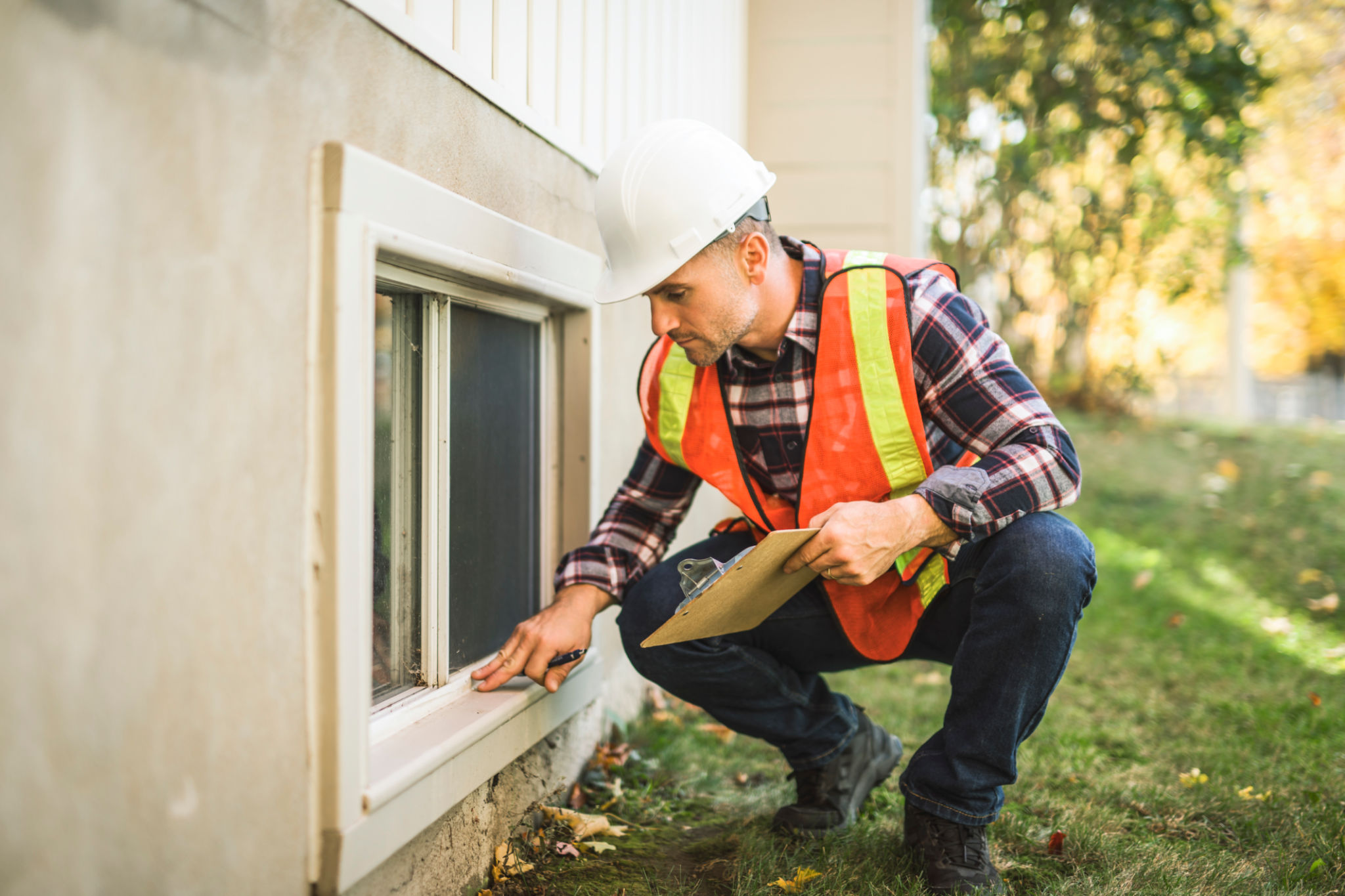How to Prepare Your Commercial Building for Seasonal Changes
Understanding Seasonal Challenges
Preparing your commercial building for seasonal changes is crucial to maintaining its integrity and ensuring a comfortable environment for occupants. Each season brings its own unique challenges, from the sweltering heat of summer to the biting cold of winter. By anticipating these changes, you can save on energy costs and avoid unexpected repairs.

Inspect and Maintain HVAC Systems
Your HVAC system is at the heart of maintaining a comfortable temperature within your building. As seasons change, it's essential to inspect and maintain this system to ensure optimal performance. Schedule regular check-ups with a professional to clean and replace filters, check for leaks, and ensure all components are functioning efficiently.
Regular Filter Replacement
Replacing your HVAC filters regularly can improve air quality and increase energy efficiency. A clogged filter forces the system to work harder, leading to higher energy costs and potential system failures. Aim to change filters every 1-3 months, depending on usage and building size.
Seal Windows and Doors
During seasonal transitions, ensuring that windows and doors are properly sealed can prevent drafts and reduce energy consumption. Inspect the seals and weatherstripping around these areas for cracks or gaps. Replacing worn-out seals can make a significant difference in maintaining the building's internal temperature.

Roof and Gutter Maintenance
Roof and gutter maintenance is crucial, especially before the rainy or snowy seasons. Inspect the roof for any signs of damage or leaks. Clean out gutters to prevent blockages that could lead to water damage. Regular maintenance can prolong the life of your roof and prevent costly repairs.
Check for Roof Damage
Look for missing shingles, cracks, or any other signs of wear and tear. Addressing these issues early can prevent small problems from turning into major repairs.
Prepare Landscaping
Landscaping plays a vital role in the aesthetic appeal and functionality of your commercial property. As the seasons change, so do the needs of your landscaping. Before winter, ensure that all plants are pruned, and irrigation systems are winterized to prevent damage from freezing temperatures.

Adjust Irrigation Systems
Ensure your irrigation system is adjusted for seasonal changes in weather. Overwatering in the rainy season or underwatering during dry months can harm your landscaping. Proper adjustments help conserve water and keep plants healthy.
Conduct Energy Audits
An energy audit can identify areas where your building may be losing energy. This process involves assessing the building's insulation, HVAC systems, and electrical systems. By identifying inefficiencies, you can take corrective actions to reduce energy consumption and costs.
Implementing these strategies can help your commercial building adapt to seasonal changes effectively. Regular maintenance and proactive measures not only save costs but also create a safer and more comfortable environment for all occupants.